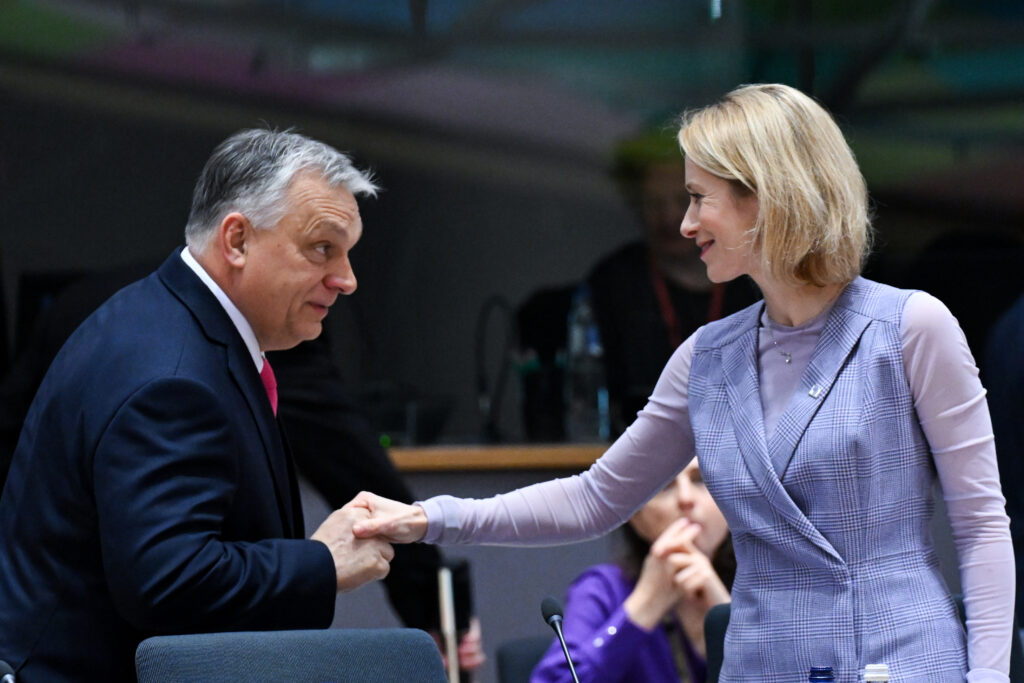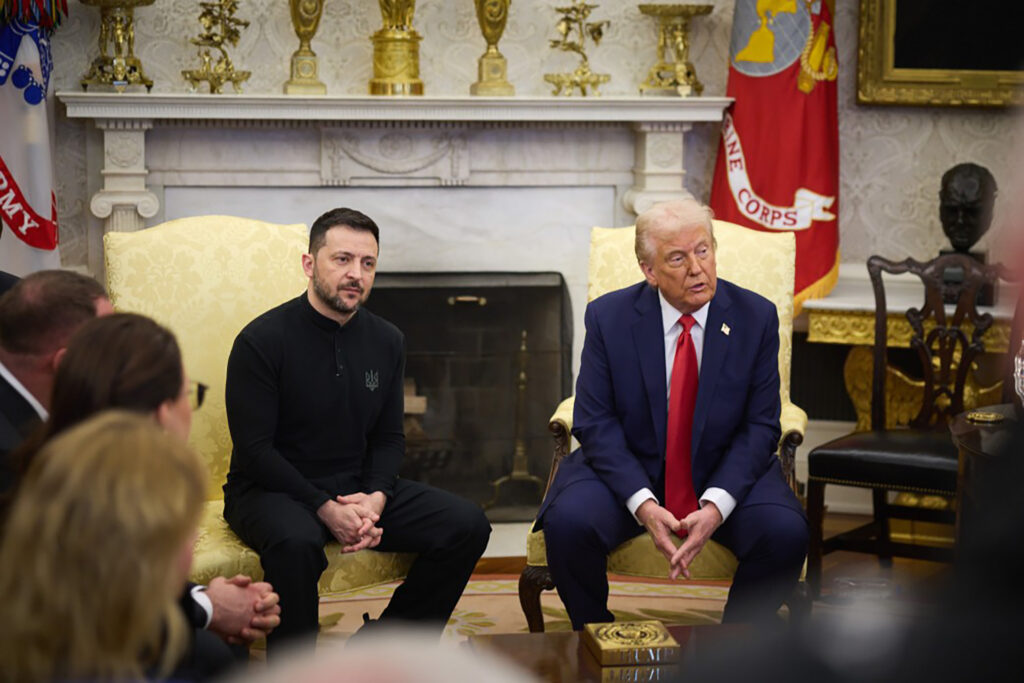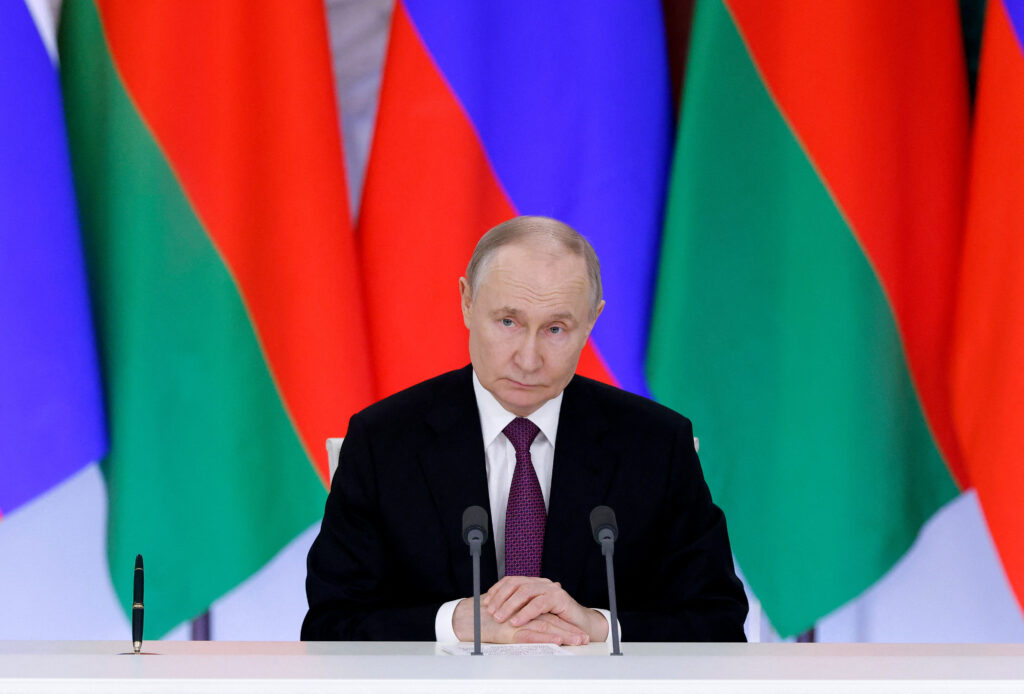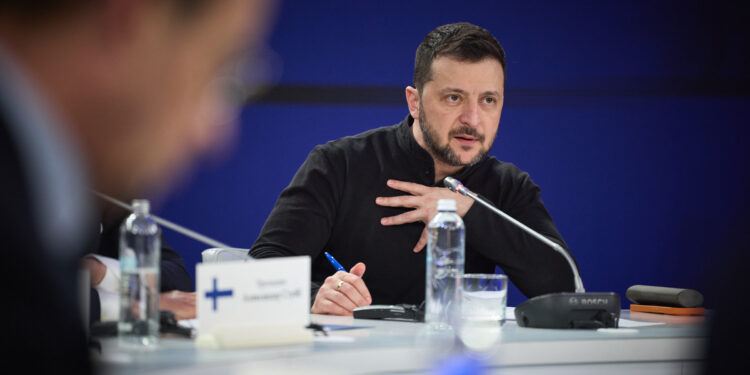Brussels – The days when EU leaders tried to maintain unity among the 27 chancelleries seem gone. Variable-geometry Europe is already here, with the systematic de facto exclusion of Viktor Orbán’s Hungary. As it happened at the ordinary summit two weeks ago, this time too, the heads of state and government adopted their conclusions on Ukraine, bypassing the opposition of the Magyar premier, putting him—or rather leaving him—in the corner.
Nothing new in either method or substance. As for the method, indeed, there is again the use of the approach pioneered by the president of the European Council, António Costa, to reach a consensus of 26 when unanimity (required for formal foreign policy decisions) cannot be achieved. Said and done. For the second time in a row, instead of being included in the final text of the summit conclusions, the leaders’ determinations regarding the conflict in the former Soviet republic have been included in a separate document, signed by all but the Hungarian prime minister. “Strategic divergence,” the formula used in Budapest and Brussels to justify the new dynamic.

As for substance, the session that lasted a couple of hours produced results identical to those of the extraordinary summit last March 6. It reaffirmed the “continued and unwavering support for Ukraine’s independence, sovereignty, and territorial integrity within its internationally recognized borders,” reiterated the approach of “peace through strength,” reaffirmed the commitment “to provide further comprehensive support to Ukraine and its people,” including the provision of substantial new financial and military aid.
And, of course, support for “a comprehensive, just, and lasting peace” that is “accompanied by solid and credible security guarantees,” to monitor which the contribution of the so-called coalition of the willing under Franco-British aegis (whose chiefs of staff are meeting right now in London) is welcome. Finally, the leaders “stressed the need to accelerate negotiations on Ukraine’s membership” in the 12-star club.
There is then a passage on the ongoing talks to reach a ceasefire. The leaders of the Twenty-Seven “welcome” the joint statement signed by Ukraine and the U.S. after the Jeddah meeting last March 11, “including proposals for a ceasefire agreement, humanitarian efforts,” and especially “the resumption of intelligence sharing and assistance” by the U.S. In other words, there is relief in Brussels over the restart of relations between Kyiv and Washington (and especially military aid) after the stormy ending of the bilateral meeting at the White House in late February.

But the chancelleries’ enthusiasm stops there. According to EU diplomatic sources, the consensus view at the table is that “no real negotiations are taking place at the moment” between Washington, Moscow, and Kyiv. It seems that the Twenty-Six are at the very least displeased with the speed with which the contacts of the last few days (with Trump glued to the phone to hear from his Russian and Ukrainian counterparts), from which they feel excluded. And in fact, again according to senior EU officials, the leaders have been “discussing the best ways to influence the process.”
The same Volodymyr Zelensky remotely connected with the heads of state and government, thanking the European partners for their support and welcoming the commitment to supply Kyiv with artillery ammunition worth €5 billion, which is all that remains of the ambitious proposal—maybe too much—put forward by High Representative Kaja Kallas, who had asked the chancelleries for a 40 billion effort.
Remaining on Old Continent security, Zelensky described the ReArm Europe plan as “very useful and forward-looking” and called on leaders to put it into practice quickly. “There is a need for investment in arms production both in Ukraine and your countries,” he noted. And you have to make do: “Everything needed to defend the continent should be produced here in Europe,” he added.

After confirming that his negotiating team is working to “reach an unconditional and complete ceasefire on the mainland” that goes beyond the temporary truce agreed (at least on paper) with Washington and Moscow, the Ukrainian leader reiterated that “Putin must stop making unnecessary requests that only prolong the war and must start delivering what he promises.” Not exactly what was seen in the last few hours.
The European Council, therefore, urges Russia “to show a real political will to end the war.” How? By making itself available to increase humanitarian efforts, particularly the exchange of prisoners and the release of deported civilians (and children). Meanwhile, the Twenty-Six say they are ready to “increase the pressure” on Moscow, including with new sanctions packages, as requested by Zelensky himself at least “until Russia begins to withdraw from our territory and until it has fully compensated for the damage caused by its aggression.”
English version by the Translation Service of Withub







